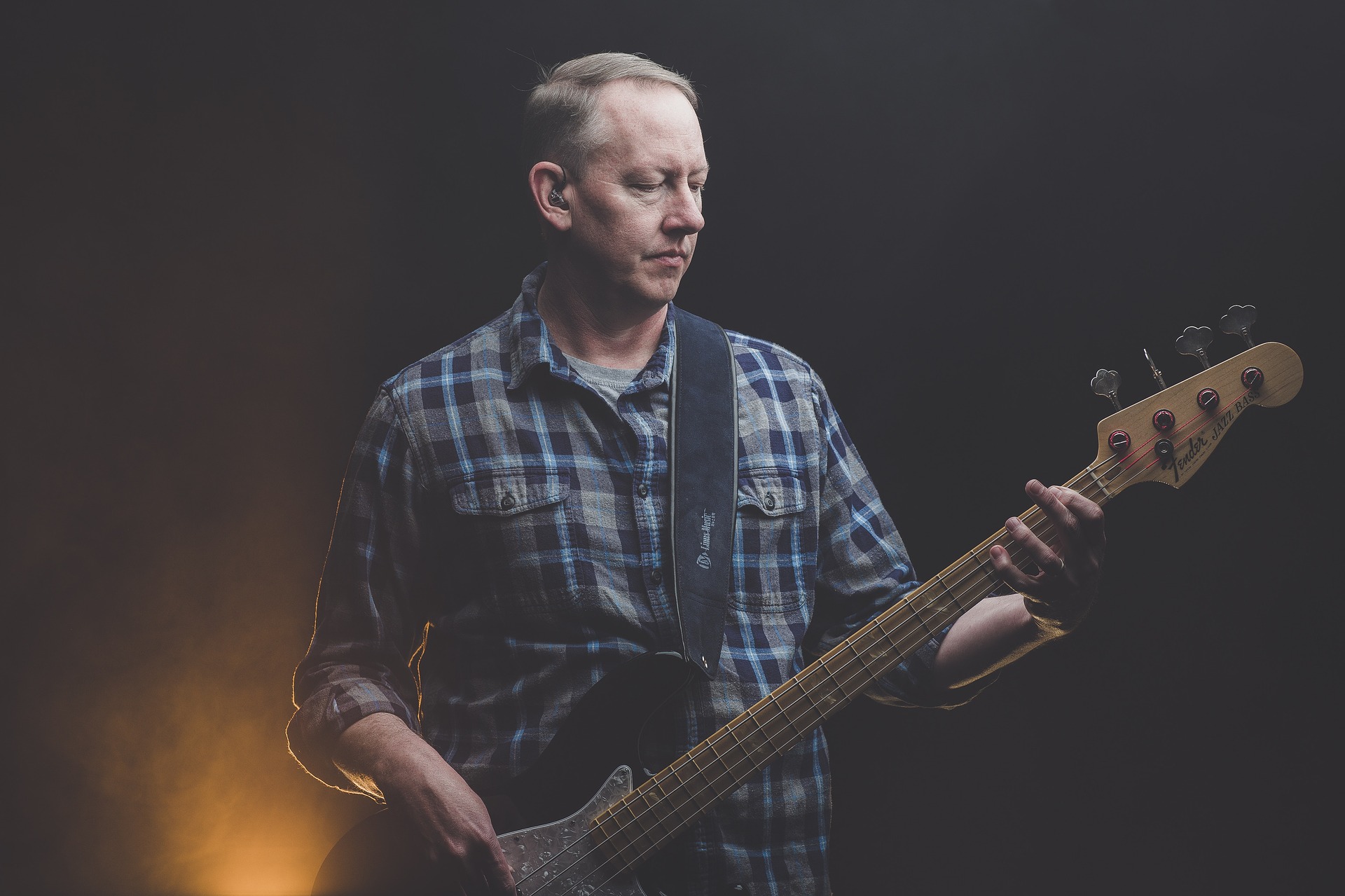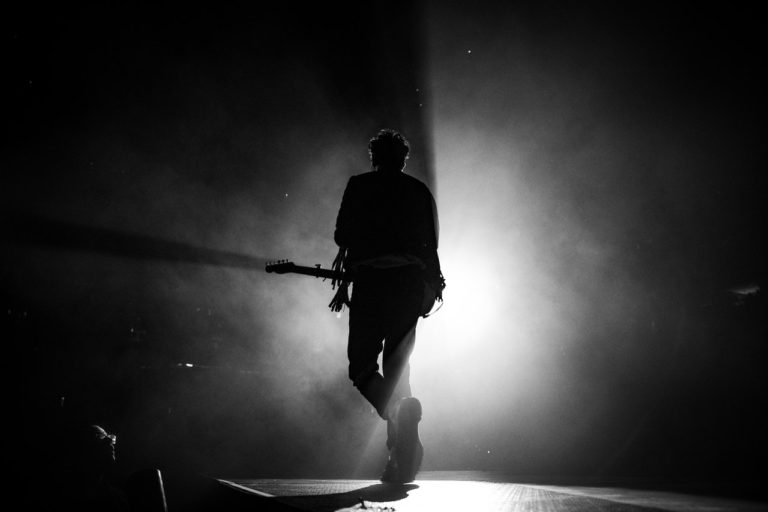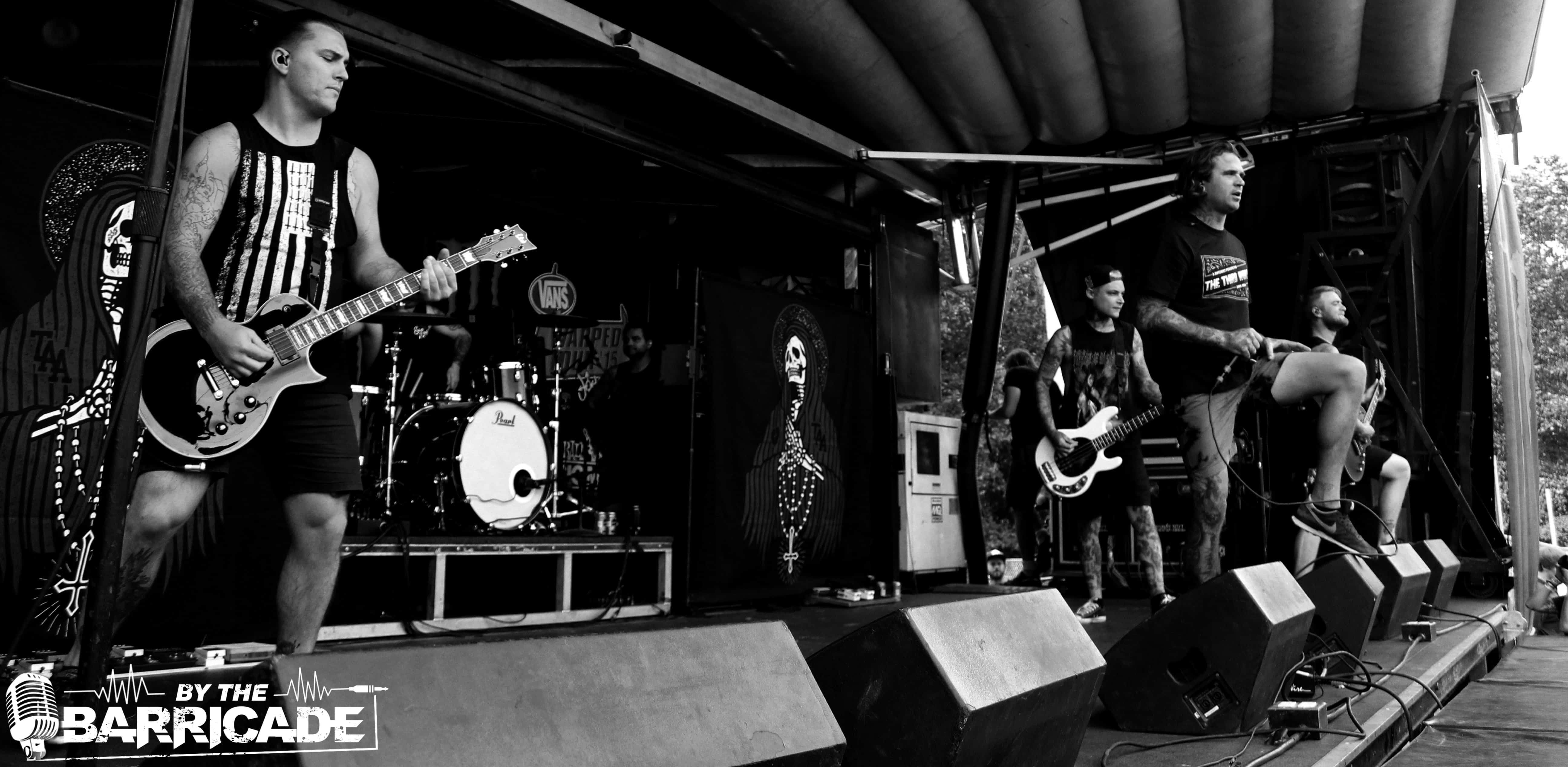At What Age Are You Too Old to Rock n Roll?
It is hard to define the beginning of rock n’ roll, but many trace it back to the early sixties when the Beatles first came out. Back then, young musicians defined the genre, looking to take advantage of this new music breed. Now, so many years later, these musicians have grown older, and many of them are still at it. It is not unusual to see musicians who got their start when they were in their teens and twenties to continue touring well into their fifties, sixties, and seventies.
But when we see these musicians performing now, we have to wonder how well they can pull it off. How are they faring under rigorous touring conditions? Are they able to move on stage like they once did? Essentially, at what age are you too old to rock n’ roll?
The answer to that question will vary according to the mental and physical state of the musician. If they are still feeling well and enjoying what they do, and more importantly, if they can still make money, they are probably at a good rock n’ roll age. But with so many variables, the answer needs more exploration.
This article will look at rockers in their advanced years to find out if you are ever too old to rock n roll.
From a Fan’s Perspective
When Roger Daltrey sang “I hope I die before I get old,” he probably wasn’t counting on ironically singing those same words when he was touring in his 70’s and yet, here we are.
When bands continue to go on tour at an advanced age, we wonder how this affects their performance.
Many of them can’t move like they did when they were young. Singers may lose their voices due to health conditions or as a result of aging naturally. Guitarists’ fingers may not move as nimbly as they once did. Drummers may have trouble keeping up on the drum kit.
And the sad truth is, many performers lose their looks as they get older, and we can’t help but acknowledge how essential appearances are in rock n’ roll.
With concert tickets costing a pretty penny, we have to wonder how fans feel about seeing the musicians they loved in their youth looking and acting like, well, someone’s grandparents.
But the proof lies in the pudding.
According to the Guardian article, The Road Will Kill You, four of the five highest-grossing single shows worldwide included performances by band members over 70 years old.
The Health Factor
With fans enthusiastically buying tickets to concerts featuring older musicians, it seems as if the problem doesn’t lie with the fans, but how are the artists holding up?
Not always so well. Let’s take a look at some stats:
- Ozzy Osbourne, 72, canceled his 2020 tour to seek treatment for his diagnosis of Parkinson’s Disease.
- Elton John, 72, canceled dates on his goodbye tour, claiming he was “extremely unwell.”
- Madonna, 61, canceled dates on her British tour due to “overwhelming pain” she suffered from injuries sustained on the road.
- Aerosmith disinvited drummer Joey Kramer, 69, from their Grammy performance due to claims that he could no longer keep the beat.
- Tom Petty died at age 66, just days after completing a tour due to complications that stemmed from pain medication he was taking to treat performance-related injuries.
Other artists chose not to run themselves to the ground and get out before it’s too late. For instance, Paul Simon retired at age 78, Bob Seger at 74, Neil Diamond at 79, Eric Clapton at 78. Members of Kiss were between the ages of 68 and 70 at the time of retirement.
Here’s some recent footage of the Rolling Stones rocking out. Pretty impressive for guys in their 70’s!
But even though these musicians chose to retire before running themselves to the ground, they did so at an advanced age, especially considering that they work in such a rigorous industry.
And while some suffer after years on the road, others continue to thrive. Neil Young, Bob Dylan, and The Rolling Stones are just some of the musicians still going strong and experiencing minimal age-related setbacks.
What About Up and Coming Musicians?
With more musicians continuing to work and tour into their twilight years, we have to wonder what this means for musicians that haven’t yet broken through.
Once, we thought that if a musician didn’t make it by their late 20’s, they should hang it up. Famous musicians are staying active as seniors. Does that mean there are more opportunities for middle-aged or even advanced-aged musicians who haven’t yet broken through?
Well, there are a few ways to look at this:
The Information Age Makes Becoming A Musician More Accessible
For one, in today’s technologically advanced world, there are so many platforms for artists releasing music and reaching their fans. There are streaming services and live virtual performances. Physical products can ship via the web.
With so many avenues for connecting with audiences in virtual formats, there’s unlimited room for new music. With the technology available, making music and performing is easier than ever. So what’s stopping you?
You can even release your music online without identifying information such as a picture or even a real name. In those cases, age would not come into play in the listening experience.
Overcoming Record Companies as an Older Musician
But what about record companies? If you are still thinking of making it big in the traditional way, i.e., getting signed and performing for millions of people, you may be wondering how labels will look at you as an older musician.
A record company may be less likely to sign an artist in their advanced years because, yes, they may prefer artists that look younger and appeal to an audience that is more likely to go to concerts and buy records.
They also may be concerned that older artists will not hold up as well on tour.
However, that doesn’t mean artists can’t find success as they get older. Here are some stars that made it big after 30 and the age they became successful.
| Artist | Age They Became Successful |
| Sheryl Crow | 32 |
| Christine McVie | 34 |
| Bonnie Raitt | 40 |
| Willie Nelson | 40 |
| Sia | 41 |
What About The Music Genre?
Another thing to consider is the genre of music you are performing. For example, if you play folk music or country, you may still be relevant at 40. On the other hand, if you play pop, you may consider reinventing yourself when those numbers start creeping up.
Rock n’ roll was once a young person’s game. But with more stars touring in their senior years, the rules have changed. However, that doesn’t mean that time doesn’t catch up with them eventually.
What do you think? Should rock stars tour into their 70’s? Or should they give it up before it’s too late? Let us know in the comments.

FAQ’s
At what age do most musicians make it?
According to Billboard’s article “Why Are Today’s Music Stars Charting So Young?” today’s artists usually sign between the ages of 31 and 34. Although that’s still relatively young, the number had increased considerably since the early ’60s when bands like the Beatles and the Stones were breaking through when they were barely more than teenagers.
What percentage of musicians are successful?
You can measure success in several ways, but if you aim to become a wealthy musician and household name, your chances of success are disheartening .000002%.
If you aim to be sustainable, i.e., an artist who can maintain a following and maybe even make a living off your music, that percentage will be a bit higher.
Why do musicians quit?
While many musicians go on rocking into their senior years, some give it up at a much younger age. There are many reasons why they may turn their back on their art, including the following:
- Debt: A musician spends money getting to and from gigs, buying and maintaining their equipment, and making and promoting their music. They usually don’t get reimbursed enough to sustain these expenses. Some end up quitting because they can’t afford the lifestyle.
- Poor Mental Health: There is a lot of rejection in the music industry. If it starts getting to you, you may suffer from depression. Some artists get out to save their mental health.
- Burnout: If you’re constantly on the road or always feel like you need to be writing your next masterpiece, you may begin to suffer from burnout. In these instances, you may feel like you need to take time off or retire altogether.
- Lack of Inspiration: The creative process can keep you going, but if you’re out of ideas, you may feel like you’ve given it everything you’ve got and decide to pursue other goals.
Keep it on Bythebarricade.com for tons of punk rock interviews, reviews, articles, and photos! Also, “Like” By the Barricade on Facebook to never miss a post.








